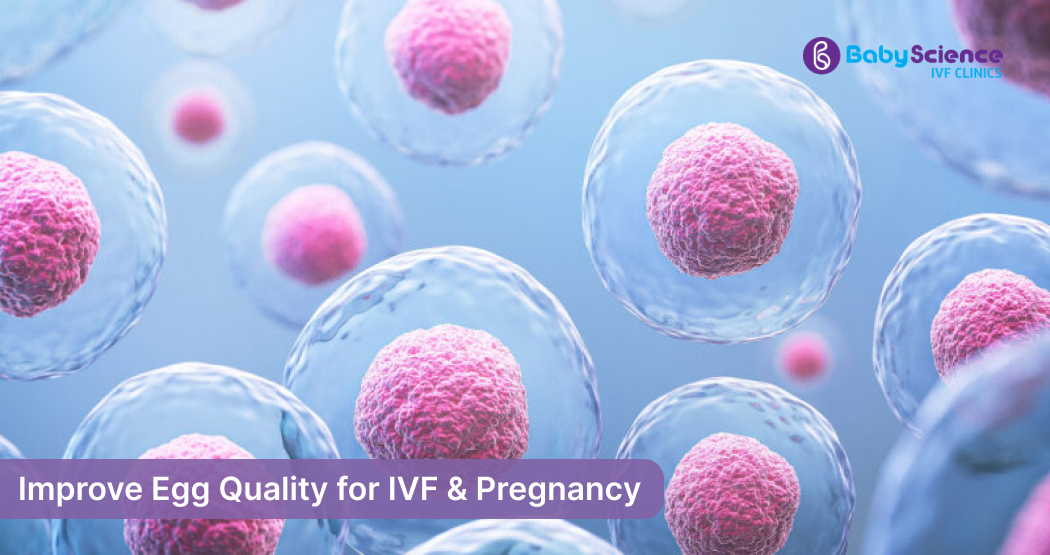
In the world of making babies with the help of science, Baby Science IVF is like a shining light for lots of people who can't have babies naturally. But figuring out if IVF is the best way to become a parent can be hard and make you feel a lot of emotions. Here, we'll talk about who might find IVF helpful and why it's important to know the reasons behind it.
Understanding Infertility:
Millions of people worldwide can't have babies because they have trouble getting pregnant. It's not just a problem for women - it can be because of problems with men, women, or both. Figuring out why can take a lot of doctor visits and tests with fertility specialists to have a chance of babies.

Indications for In Vitro Fertilization (IVF)
- Tubal Factor Infertility happens when the tubes connecting a woman's ovaries and uterus are blocked or damaged. This can stop sperm from reaching the egg or prevent a fertilized egg from getting to the uterus. In Vitro Fertilization can be a good choice to help overcome this problem.
- Ovulatory Disorders occur when a woman's ovulation doesn't happen regularly or properly, often due to conditions like PCOS. In such cases, IVF (In Vitro Fertilization) might be needed to increase the chances of getting pregnant.
- When endometriosis is severe, it can make it hard to get pregnant by causing inflammation and scarring in the reproductive system. Sometimes, IVF treatment is needed to help.
- Male Factor Infertility Problems like not enough sperm, sperm that don't move well, or sperm that don't look normal can make it tough for couples to have a baby naturally. They might choose IVF with a special method called intracytoplasmic sperm injection (ICSI) to help them have a baby.
- Sometimes, even after lots of tests, doctors can't figure out why a couple can't have a baby. In these cases, they might suggest trying IVF to help them get pregnant.
- As women age, the quality and quantity of their eggs decline, increasing the likelihood of infertility. IVF with donor eggs or embryos can offer a pathway for older women to achieve pregnancy.
- Couples experiencing recurrent miscarriages may turn to IVF, often accompanied by preimplantation genetic testing (PGT), to screen embryos for chromosomal abnormalities before implantation.
Why Do Some Couples Turn to IVF?
- IVF treatment boasts higher success rates compared to conventional fertility treatments, making it a preferred option for individuals with complex infertility issues.
- IVF treatment protocols can be tailored to suit individual needs, accounting for specific infertility factors and medical history.
- Techniques like PGT enable the screening of embryos for genetic abnormalities, reducing the risk of inherited disorders and improving the chances of a successful pregnancy.
- IVF offers options such as donor eggs, donor sperm, or gestational carriers, providing avenues for LGBTQ+ individuals and those with medical conditions affecting fertility to build their families.
- Dealing with infertility can feel overwhelming, but it's important to know if IVF treatment could help you and why. By understanding the reasons behind infertility and how IVF can help, you can make informed choices about your journey to becoming a parent.
- Recognizing these factors and the options IVF provides can give you confidence and optimism as you move forward.













